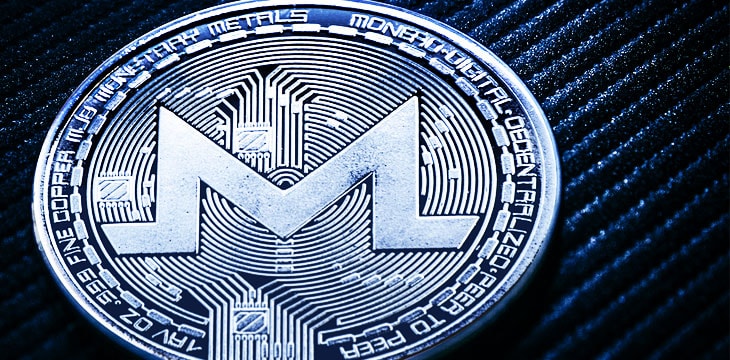|
Getting your Trinity Audio player ready...
|
Developers maintaining privacy focused Monero went live with a system update starring a new version of its node software, codenamed “Oxygen Orion.” The hard fork promises substantial improvement across nearly all aspects of the privacy coin‘s performance.
Monero’s XMR token has been adopted widely by cybercriminals and nefarious others looking to obscure their illicit commercial actions on the darkweb marketplaces from law enforcement agencies or government tax bodies.
Recently, Monero founds itself in the crosshairs of Europol because of its use in online cybercriminal activity. Following the U.K.’s HM Revenue and Customs department’s footstep, the U.S. Internal Revenue Service (IRS) $625,000 issued a bounty to anyone who can successfully trace either Lightning Network or Monero transactions.
This update will make those transactions faster when law enforcement agencies across the globe have identified the privacy-focused digital currency as one of the leading mediums of exchange during illegal online activities.
The highlight of the latest update is the new ring signature construction CLSAG feature. The developers bill CLSAG as a drop-in replacement to MLSAG to improve efficiency. According to Monero contributor “Erciccione,” CLSAG will reduce transaction sizes by ~25% and enhance verification performance by ~10% while maintaining transactional privacy.
The developers wrote: “Using some simple but clever mathematics, CLSAG signatures achieve the same functionality as MLSAG signatures, but at a much smaller size. And thanks to some optimizations of the underlying cryptography, Monero software can verify CLSAG signatures more quickly.”
Other highlights of his release include deterministic unlock times; enforce claiming maximum coinbase amount; serialization format changes; remove most usage of Boost library; always send raw transactions through P2P, don’t use bootstrap daemon; update InProofV1, OutProofV1, and ReserveProofV1 to V2; ASM optimizations for wallet refresh (macOS / Linux); randomized delay when forwarding txes from i2p/tor -> ipv4/6; new show_qr_code wallet command for CLI; and add ZMQ/Pub support for txpool_add and chain_main events. The complete list of changes in v0.17.0.0 is available on GitHub, along with the source code.
Thirty people contributed to the software release, putting out 292 commits containing 11523 new lines of code. Like the privacy coin itself, many of the developers behind Monero keep their real identities secret to avoid the risk of having unpleasant conversations with authorities about their work with the blockchain project.
Since Monero updates are hard forks, network participants must update their software. Monero blockchain will not split, nor will a new anonymity-focused digital token be created. Token holders who store their XMR in a hardware wallet need to stay updated with the latest firmware. For the next few days, customers might experience some instabilities in the network.
After the upgrade, there was a minor bug present in v0.17. Monero developers implemented a hotfix, but some people on the network had to update manually. Monero is also indicated they might add Atomic Swaps to its blockchain. Because of the increased government and regulatory attention Monero is receiving, a crackdown on the coin could loom around the corner as governments search for ways to “break” the dubious privacy technology.
See also: Steve Shadders’ presentation at CoinGeek Live, titled, Bitcoin SV Technical Update: Infrastructure for the World Blockchain

 02-21-2026
02-21-2026 




